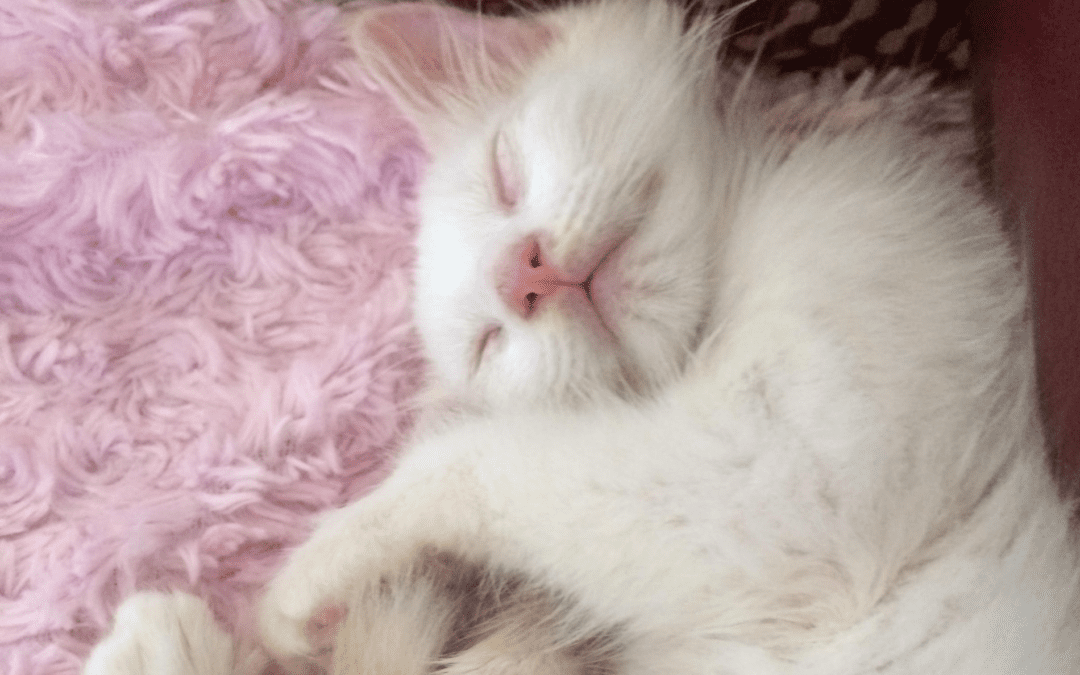YES! Feline heartworm disease develops when a cat is bitten by a mosquito that is infected with heartworms. As a mosquito feeds, these larvae (Dirofillaria Immitis) quickly enter the cat’s skin and eventually reaches the bloodstream. Heartworms typically live in the lung arteries and the right side of the heart, so infection often leads to severe lung disease and sudden death. This syndrome in cats is known as heartworm-associated respiratory disease (HARD).
Cats generally only have a few adult worms, whereas dogs develop a large numbers of worms. Unfortunately, even a single heartworm can have fatal consequences in a cat. Heartworms were once thought to be only a disease of dogs, but recent studies indicate that heartworm infection in cats is much more common than we initially believed. Even indoor cats are at risk of infection because mosquitoes are often found inside homes and some indoor cats go outside for short periods.
Although feline heartworm disease is easy to prevent, heartworm disease continues to be a major health problem throughout the United States and wherever mosquitoes live. If you ever see or get bitten by mosquitoes, your cat is at risk!
Signs of Heartworm-associated respiratory disease (HARD):
- Coughing
- Wheezing
- Respiratory disease
- Inappetance
- Sluggish behavior
- Intermittent vomiting
- Sudden Death
Testing for Feline Heartworm Disease does not always produce clear answers because a large number of cats with feline heartworm disease only have 1-2 worms and the test does not always produce a positive result with as few as 1-2 worms.
Treatment:
Unfortunately there are no medications that exist for the safe treatment of adult heartworms in cats. Surgical removal of the worms has been successfully performed in some settings, but is very risky. The best option is PREVENTION.
Prevention:
There are a number of heartworm preventatives available including both oral and topical forms that are given once a month. Feline Heartworm preventative products are highly effective, safe, easy to use, relatively inexpensive. These preventions also often provide treatment for additional parasites such as ear mites and common intestinal parasites. Every heartworm preventive medication for cats works by killing heartworm larvae acquired during the previous month and do not continue to protect cats from future infection without continued monthly dosing. This is why it is so important to administer these medications monthly. According to the American Heartworm Society the best way to eliminate the risk of heartworm infection in your cat is to give the preventive medication year-round.

